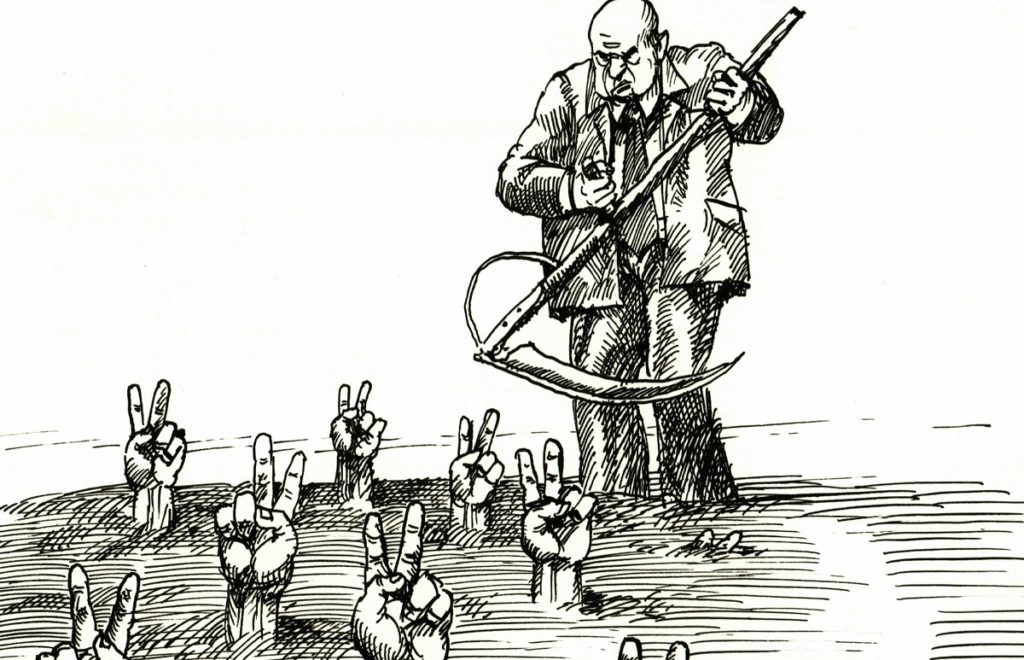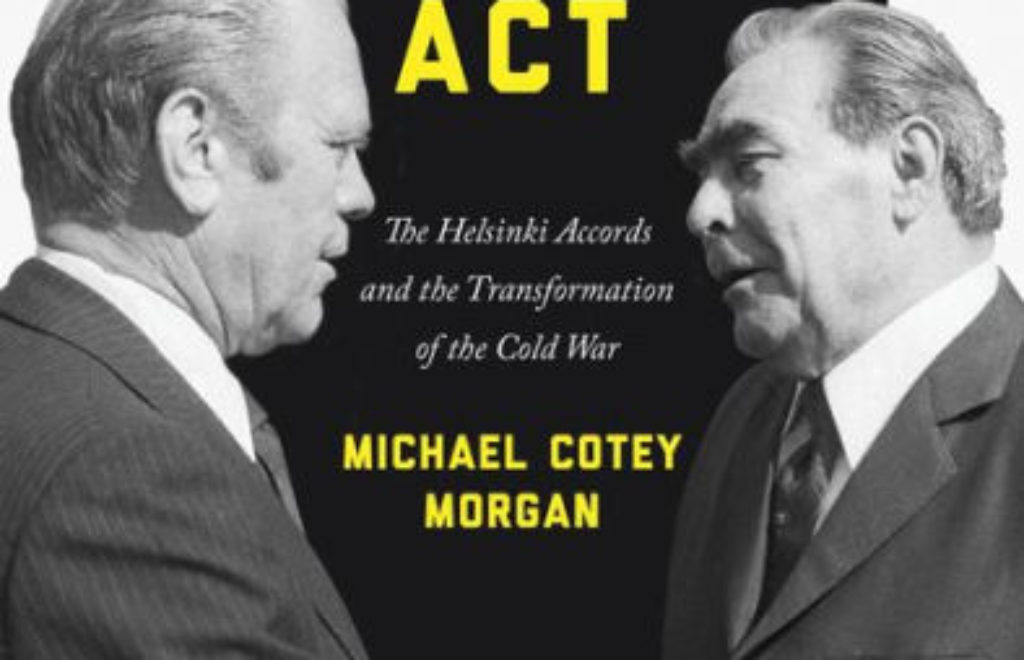The poverty of utopia revisited
The story of Marxism in Eastern Europe begins with Stalinist fanaticism and ends with liberal revolutions in 1989. As the ideological determination of the elite faded through the second half of the 20th century, intellectuals advocated for human rights and dignity. Eventually, the wider populations revolted against communist totalitarianism, and the regimes found their pillars of terror and propaganda insufficient for ensuring continued domination. But with nationalist and fascist ideologies rising today, the journey of humanism in Eastern Europe goes on.
May 2, 2019 - Jordan Luber Vladimir Tismaneanu




































